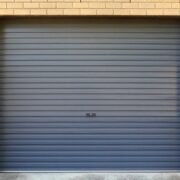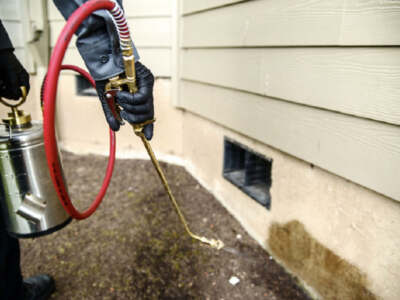Most problems that affect buildings are usually a result of improper site selection. The location of a building is very crucial in determining what will become of it in the future. Therefore it is important to be well-informed before starting with the project.
If you are looking out for a site for your next building project, then here are a few things you should consider.
What you’re building for
This should be the first on your list since it goes a long way to affect every part of the plan. Determine what type of structure you wish to build on the site, whether it is residential or commercial. Residential building may require more considerations since it has to be suitable for living, while commercial structures should be situated in locations that support business growth and allows the establishment to thrive without any hiccups. Once you have decided on the type of building you want to erect on the site, then you can check for other important factors. ![]()
Accessibility to the site
This is one important thing you may want to consider when choosing a building site, and there are several reasons for this. One is that it makes supply to the building site a lot easier. Imagine the stress you’ll have to go through if the site is located somewhere that isn’t so accessible.
If this building is meant for a commercial purpose, then you want to consider how accessible it will be for customers. In this case, it is preferable to choose a location that is close to a major road, and a place where public means of transport such as taxis and buses can get to. If a site is located in a remote area, you may need to construct roadway extensions to make the facility more accessible.
If the building is for residential purposes, then you also want to consider some of the aforementioned factors, as well as its proximity to essential facilities such as grocery stores, hospitals, bus stations, banks, and schools just to mention a few.
You should also consider if there are basic facilities available in the area. This is even more important if the building is for residential purposes. Ensure there is constant water supply in the area, as well as electricity. Also, check if there are internet connection problems.
Geographical features
There are several factors to consider here such as the size of the land, its layout and topography, as well as the landscape; these are all very crucial factors to look into. Having an idea of the land size will help you decide what the structure will look like, and if it is large enough to allow for future expansion if need be. Find out if the land is sloppy or is a high surface, this will enable you to choose the building strategy to use. The major reason for this is so you don’t choose a building style that will negatively impact the land structure in the future.
It is also important to consider the soil type for the site. Be sure that the soil is good enough for building and won’t cause any problems later on. For this reason, it is good that you test the soil before starting anything. Soil testing Ballarat is an efficient way to determine the major features and components of the soil. So be sure to include it in your budget.
Also, determine the amount of time and manpower required based on the geographical features of the site. Water-logged areas may require filling before construction can commence and this will require a lot of time and manpower.
Neighborhood and living conditions
If the site is located in a friendly neighborhood, then this is a huge plus. People prefer to live in areas where they can be comfortable and relate easily with other people around them. This is not usually a problem if the area is already developed, with lots of residents. Likewise, the location should be safe. This is one very important factor most people look out for when renting or buying a house.
Everyone wants to stay in an environment where they are sure that they and their properties are safe, and this is another bonus that comes with siting your building in a developed area. Locations that are too quiet or lonely are vulnerable to burglars since there are only a few people around to even notice.
Likewise, check for the environmental condition in the area. Ensure that it supports safe and healthy living. Avoid locations that are prone to environmental pollution, especially if it is for a residential purpose. Most people prefer where they are able to admire the beauty of nature.
Regulations and Budget
This is best determined after other factors have been considered. The condition of a site can go a long way to determining the requirement for the building project. Sites that are located in developed areas tend to cost more than those in remote parts of town. Also, lands with complex geographical features require more work to make them suitable for building.
Be sure to calculate the cost of everything that will be required for the project, especially ones for the site as well as possible future payments that may need to be made, and ensure that everything is in line with your budget.
Likewise, you may also want to consider government restrictions, laws, or guidelines that govern the area. Factors such as the amount of unoccupied space that should be left in the front and sides of the site, as well as the requisite height of the building that must be erected, should all be checked and complied with.
Conclusion
It is important to consider what you need out of this facility before you start constructing the building. The idea is to avoid or minimize future problems while making the most out of your property.
Keeping these factors in mind will not only help you to choose the best location for your building but will also boost the value of the property if you ever wish to sell it off in the future.














Comments